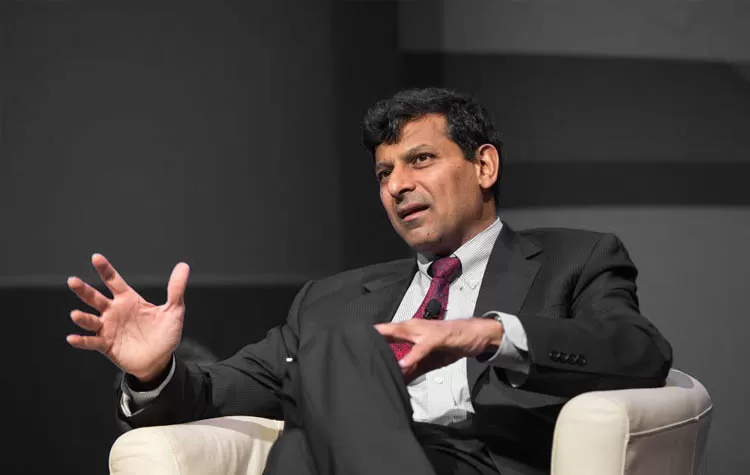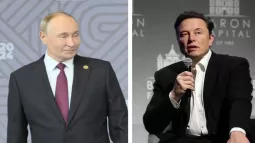
Former RBI Governor Raghuram Rajan has criticized former US President Donald Trump's recent trade moves, terming them counterproductive for the US economy. In a recent interview to an English daily, Rajan mentioned the likely outcome of the current US-China trade war and implied that the latest events could, unintentionally, create new possibilities for India in international trade.
He noted that the conflict between two of the world's biggest economies creates temporary global trade volatility. But with a forward-looking and strategic policy intervention, India can position itself as a preferred choice for global investors and exporters looking for stability.
US Trade Policy May Undermine Its Own Economic Gains
Raghuram Rajan has warned that the trade actions of the U.S. government under former President Donald Trump may hamper the economic development of the country itself. Even though there has been a rise in U.S. employment levels and better control over inflation, he feels that the trade war with China negates these gains. In Rajan's view, such choices as levying tariffs on trading partners will end up harming American exporters and destabilizing the global supply chain.
Rajan pointed out that export-oriented nations such as Vietnam have suffered greatly from changing U.S. trade policies. India, with a comparatively low export-to-GDP ratio, may not suffer much directly. He stressed that although India is not insulated, its vulnerability is not as high as that of other economies more reliant on U.S. markets.
India Called to Implement Preemptive Trade Strategies
Against the backdrop of existing international realities, Rajan implored Indian policymakers to move away from a protectionist economic policy to more liberalization. He contended that India must actively participate in trade negotiations with its major partners, such as the U.S., if it is to receive higher levels of investment inflows and enhance export capacity. Strategic engagement, for him, can enhance India's position in the international market at a moment when businesses are diversifying out of China.
He also suggested overall reforms in tariff systems, not only against the U.S. but across the world. This, according to Rajan, is important to improve India's long-term competitiveness in world trade.
India Set to Lure Altered Global Investments
Rajan believes India has a huge potential to emerge as a new favorite destination for the multinational companies which are relocating their operations out of China. This, according to him, is majorly due to the uncertainties the U.S. tariffs have brought. He further stated that it is due to lower tariffs in India and the size of its domestic market, and with suitable policies from the government, significant foreign direct investment could be expected.
To take advantage of this opportunity, Rajan recommended simplifying the tax system and reducing regulatory hurdles. These measures, he added, would make India more appealing to foreign investors and underpin long-term economic growth. He also highlighted the need for a stable and transparent policy framework to ensure investor confidence.
Services Sector Gains and Future Trade Directions
India's service industry continues to be robust, Rajan said. He noted that recent periods saw services exports beating manufacturing exports, a testament to the industry's increasing global importance. Significantly, he added that this sector has been unscathed by recent tariff actions, and it's a stable source of growth for the economy.
In the future, Rajan foresees new export markets in East Asia and increasing demand in India's own domestic market. He further stated that the change in Chinese trade flows—initiated by limited access to U.S. markets—may create opportunities for India to capture redirected trade flows. In this regard, Rajan recommended harmonizing domestic policies to draw these changing trade flows.














